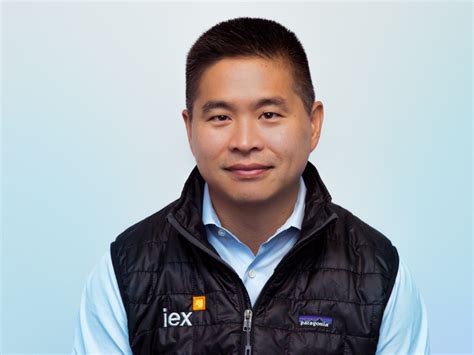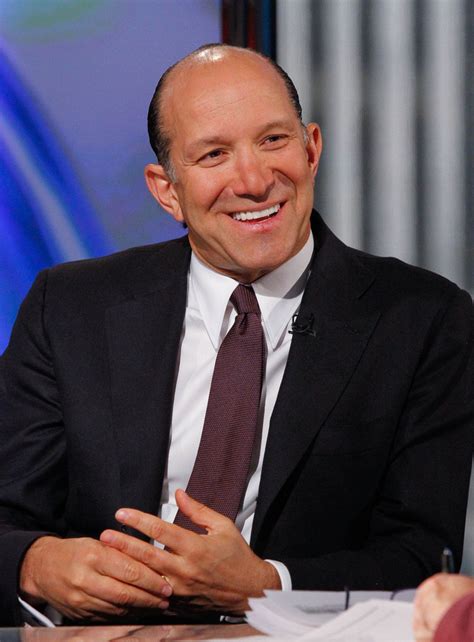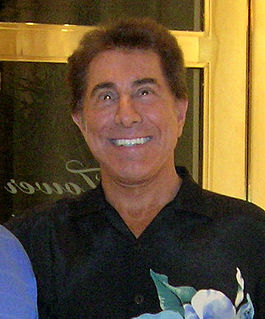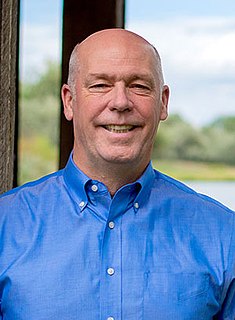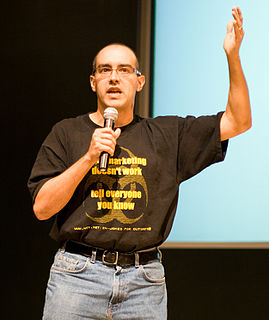A Quote by Eric Schneiderman
High-frequency traders are firms all around the world. They're massive investments.
Quote Topics
Related Quotes
I have very little respect for the integrity of the trading on the exchange in most stocks. And I have particular disdain for the fact that the SEC has failed to deal with high-frequency traders who are doing nothing more than taking advantage of inside information, a buy or a sell order, because of technology advantages.
In a flash order transaction, buy or sell orders are shown to a collection of high-frequency traders for just 30 milliseconds before they are routed to everyone else. They are widely considered to give the few investors with access to the technology an unfair advantage, even by some of the marketplaces that offer the flash orders for a fee.
...I do like the low frequencies. It's from years and years of observing audiences when they hear a lower frequency coming from an instrument it tends to pull them in. You have to listen a little more attentively. High frequency instruments hit you so hard, after a while the ear has a tendency to want to shut down. And that's what happens. I've been able to observe very carefully how people tend to get very tired of listening to high frequencies a lot.
In a crisis, stocks of financial companies are great investments, because the tide is bound to turn. Massive losses on bad loans and soured investments are irrelevant to value; improving trends and future prospects are what matter, regardless of whether profits will have to be used to cover loan losses and equity shortfalls for years to come.

